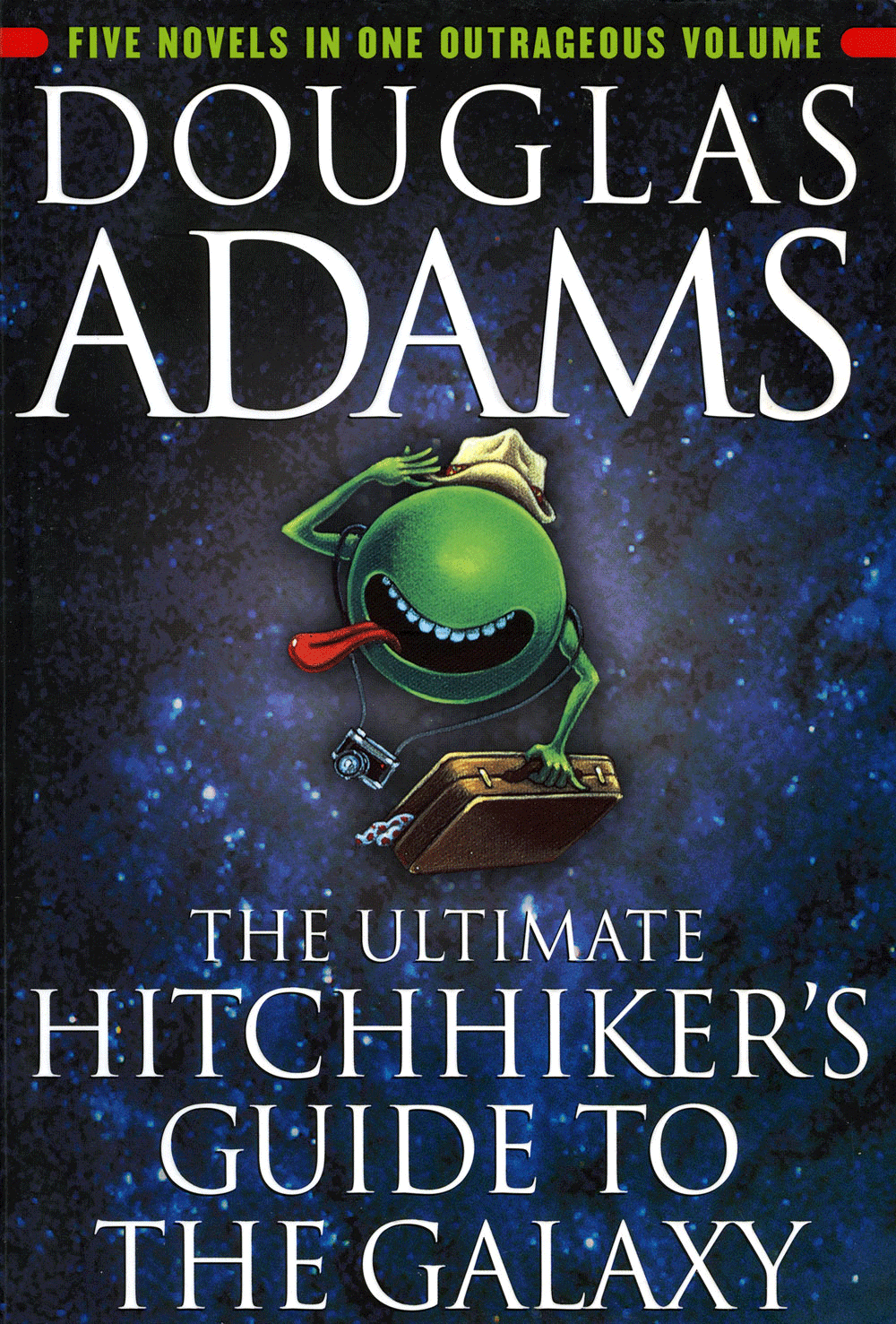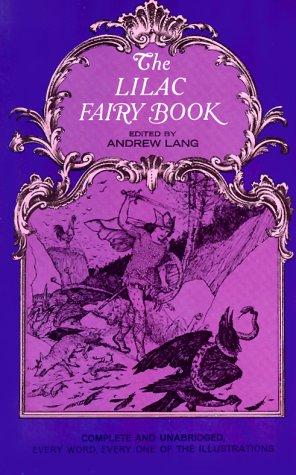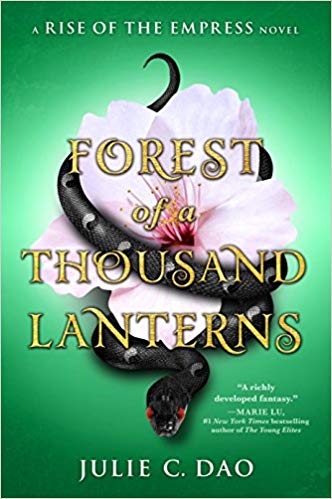The late Douglas Adams, who also wrote the metaphysical “softboiled detective” novels Dirk Gently’s Holistic Detective Agency and The Long, Dark Teatime of the Soul, called the Hitchhiker’s Guide a five-book trilogy. That shows you what kind of guy he was. He simply had no reverence for conventional thinking, such as simple arithmetic. But it is his irreverence that makes these stories sparkle with wit, and that put a lot of the current “philosophy of science” into a form that young people actually enjoy and understand.
You may disagree with a lot of his philosophy. I certainly do. But that doesn’t stop me from coming back to these books over and over, for another good laugh, and sometimes lots more. This great adventure begins when the Vogons– the galaxy’s most tiresome bureaucrats– come to demolish the Earth to make way for an interstellar bypass. Saved from the destruction is one completely average, somewhat nebbishy Earthman named Arthur Dent and his friend, Ford Prefect, who turns out to be a roving reporter for The Hitchhiker’s Guide to the Galaxy, which also happens to be the title of the first book.
Soon, Ford and Arthur team up with another surviving human named Trillian and her boyfriend, the two-headed, ne’er-do-well president of the galaxy, Zaphod Beeblebrox. Together they make off with a starship powered by the forces of improbability, a paranoid android named Marvin, and the first clues that will lead them to unravel the answer (but not the question) of Life, the Universe, and Everything(which is the title of the third book). On the way, they stop at a trendy point in space-time known as The Restaurant at the End of the Universe (the title of the second book) and, while investigating the sudden reappearance of the Earth, receive the profound message So Long, and Thanks for All the Fish (fourth book). Finally, the “trilogy” wraps up with a new edition of the Guide, in which Earth is listed as Mostly Harmless (the fifth book). And if you buy the one-volume edition, you may also enjoy the bonus short-story, “Young Zaphod Plays It Safe.”
If I told you much more I would spoil some of the best jokes you’ll ever read. But just for a teaser, you’ll learn God’s final message to his creation; you’ll discover the name of the awesome being who designed the fjords of Norway; you’ll unravel the cosmic significance of cricket, the all-important uses of a towel, and the true location of the Domain of the King. Thrill to the discovery of a super-intelligent shade of the color blue, the fact that mankind is only the third-most-intelligent species on Earth, and a system of mathematics that exists only in Italian restaurants. Learn the advantages of having a universe tailor-made to suit you, and the disadvantages of having a sense of perspective. Hear some of the worst poetry ever written (be careful, though, you’ll never forget it). And note down the recipe for a Pan-Galactic Gargle Blaster.
Also, you may be interested to know that the secret to flying is to throw yourself at the ground and miss. In other words, some of the most magical things can happen to completely mundane people, and the greatest adventures can be had by complete losers like you and me. Isn’t that nice to know?
If the Hitchhiker’s Guide books tickle you as much as they did me, you may also hanker to read the Dirk Gently novels. There is no mistaking that they come from the same diseased, but wonderful, imagination. Just to tantalize you a little, they carry to the extreme the Sherlock Holmes dictum that when all other possibilities have been eliminated, whatever remains (no matter how unlikely) must be the truth. So when there is no other solution to, say, a locked-room murder mystery, perhaps a good holistic detective must begin to entertain supernatural suspects, to look out for killers who travel in time or inhabit other dimensions, and to go forth boldy to face the ineffable and see if we can’t eff it after all.
Obviously, this is grown-up humor, and parents and young readers should be prepared to encounter adult language and situations.



